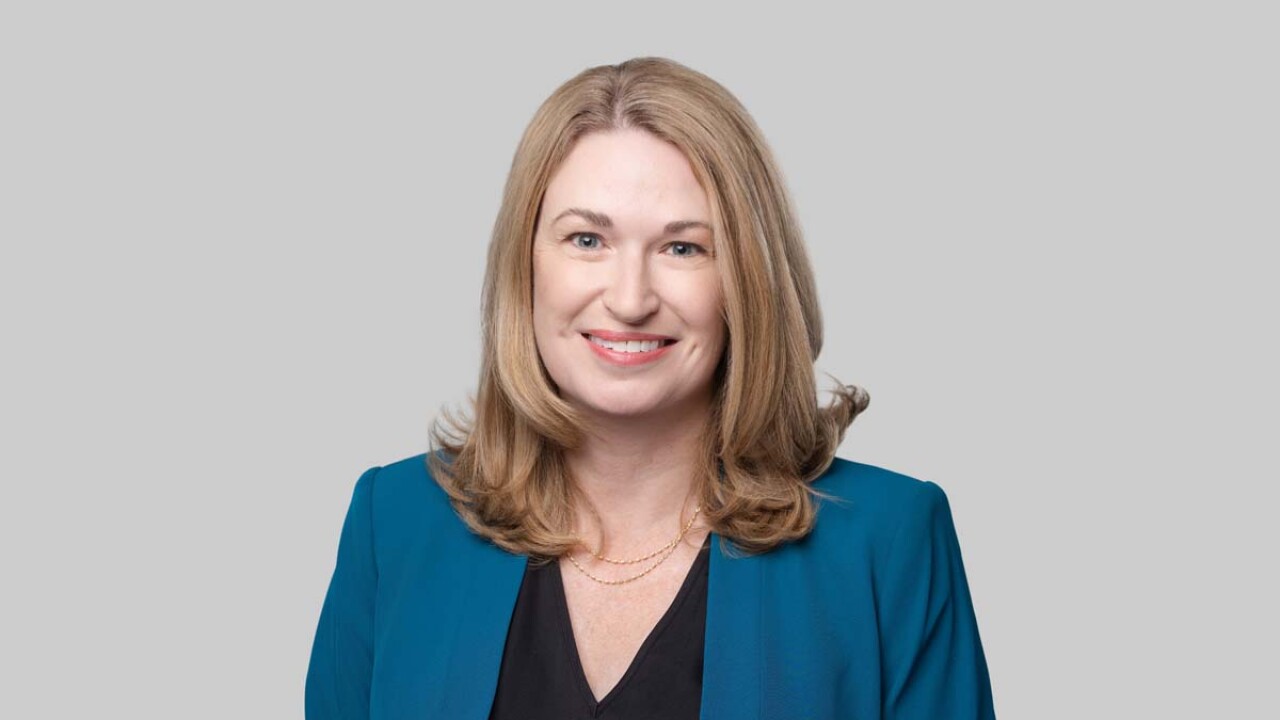The global economy is in the middle of a scary macroeconomic environment, with fiscal imbalances in Europe, Japan and the U.S. and increased regulation, which is confusing companies as well as individuals, according to
In a presentation on the firm’s 2011 outlook, William Stromberg said, “We see record cash on balance sheets as executives wait to see what will happen with regulation.”
At the same time, he added, there is an encouraging microeconomic environment with “shockingly” strong corporate earnings and free cash flow. Yet investors are plagued by an “irrational pessimism,” he says. Yes, corporate earnings are resilient, but investor expectations have caught up. It will be hard for companies to surprise on the upside, Stromberg added.
While there has been a lot of talk about the strength of emerging markets, T. Rowe is predicting a risky period now as inflation comes back to the developing economies. Long term, though, emerging markets are the place to be, Stromberg says. “There’s a boom underway in emerging markets, but along with the boom there are typical areas of speculation in real estate particularly and authorities are trying to tamp it down,” he said. “We think the headlines will continue to be scary.”
T. Rowe’s approach is to make volatility a friend. By focusing on company fundamentals and using valuation to manage risk, opportunities will arise. Another tip: Keep a long-term time horizon and maintain a global perspective.
Another piece of good news is that Alan Levenson, chief economist at T. Rowe, doesn’t believe there will be a double dip and doesn’t think there is a serious risk of deflation. He blames the restrained economy over the last few years on a rise in the savings rate. Going forward, he added, consumer spending will be around 2%. While “it’s not an exciting outlook,” he admits, the U.S. economy will grow faster than the Congressional Budget Office anticipates it will grow.
Levenson believes that a third stimulus - QE3 - is still a possibility. “The Fed could do more,” he says.
In the meantime, he sees a few risks in the outlook. As the U.S. expands its balance sheet, China is trying to wean itself off of its own balance sheet. Levenson believes what the U.S. needs is fiscal consolidation: The social security system goes into deficit in 2014 and the ability for the working population to provide for seniors while taking care of children will become strained as of 2012.
Larry Puglia, portfolio manager of the Blue Chip Growth Fund, also sees significant risks in the stock market with sovereign debt issues in Europe.
On a positive note: the outlook for U.S. large cap growth is good. Consumer discretionary stocks have been some of the best performers.
“It’s a market where you have to be nimble and opportunistic,” Puglia said.





